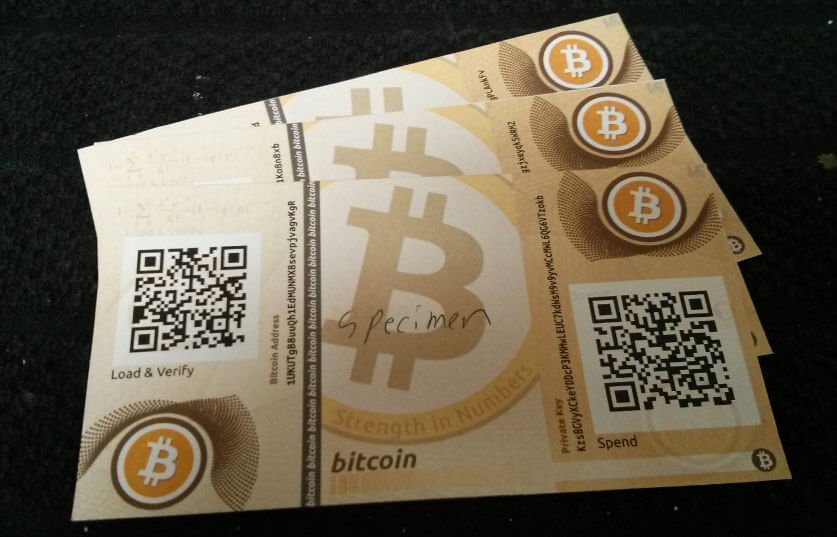
Designing a Paper Wallet is fairly easy. Many online platforms and tools allow users to make simple paper wallets. The tools usually generate an array of QR codes - one representing the public key which you can share with others to access funds, and the other one represents the private key, which must remain secret since it grants access to the Paper Wallet holdings. Once generated, you simply copy the codes onto paper and make sure that your paper copy is safely stored at least in multiple physical places to mitigate the risk of loss or damage.
The safety of a Paper Wallet lies in its offline storage of private keys, which makes it invulnerable to hackers trying to access your online account. Since the private key is not exposed to internet access during the creation or use of a paper-based wallet, there is a lower risk of theft and an unauthorized access has been greatly reduced. In addition, the paper wallet can be secured or encrypted with further security measures, like encryption of passwords, increasing security. So long as the document's physical form is protected from theft, damage or loss, cash stored in a paper wallet remain secure and inaccessible to anyone without physical access to the wallet.
In spite of its ease of use and advantages in terms of security, an Paper Wallet also comes with certain risks and limitations. One of the most significant issues is the physical fragility to the paper. It is possible for paper to degrade in response to environmental influences such as moisture, heat or fire, possibly rendering the wallet unreadable. Paper wallets are also vulnerable to theft or loss should they not be stored correctly. Unlike digital backups or hardware wallets that can be easily replicated or replaced, an actual paper wallet damaged or stolen could cause the destruction of the funds. To gather additional information please look at this site

Another consideration when using paper wallets is the convenience aspect. Paper wallets are great in terms of security, they lack the access and ease of digital wallets. In order to access the funds that are stored inside a paper wallet is a matter of inserting the private key manually into a compatible wallet application as well as scanning the QR code that can be a hassle, especially for transactions with frequent frequency. Additionally, if you need transfer funds using a paper-based wallet, you'll have to add the private key in a digital wallet, exposing it to potential security risks.
Paper Wallets provide a distinct blend of safety and convenience to store your the paper Wallet. By keeping private keys offline and out of dangers of cybercriminals, paper wallets can be a powerful security solution to protect digital assets. However, they must be aware of the risks and limitations associated with traditional wallets. These include the possibility of damage as well as theft or loss. To conclude, a decision about the paper wallet and alternative options for storage is based on the individual's preference and risk tolerance. Though paper wallets may not be as convenient than digital wallets, they are an option that is reliable for people who want the best protection and control of they Paper Wallet holdings.